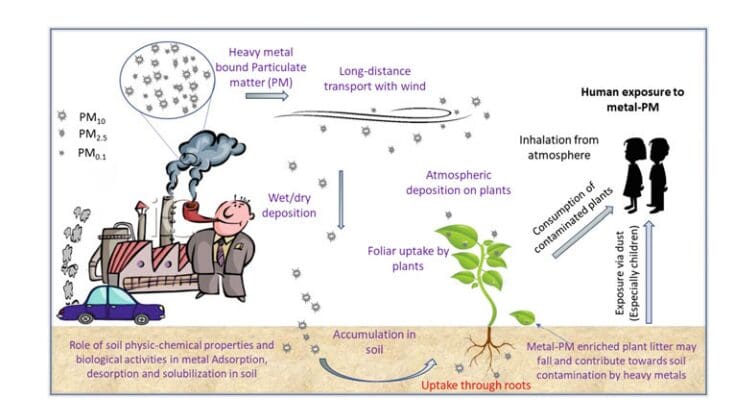
Heavy metals, including copper, lead, and mercury, pose environmental threats due to toxicity. Test kits help detect and address contamination risks.
Heavy metals refer to metals with a density above 4.5 g/cm3, including:
Heavy metals are well-known environmental pollutants due to their toxicity, persistence, and bioaccumulation in the environment. Their natural sources include weathering and volcanic eruptions of metal-bearing rocks, while anthropogenic sources include mining and various industrial and agricultural activities.
Even a trace amount of heavy metals is detrimental to human health. Once heavy metals enter the human body, they will coordinate with important substances in the human body, changing the normal physiological function of the substance, or even entering the nervous system. Interfering with the normal function of the nerve and causing disease (vegetative) and even death.
Heavy metal test kits are important tools for detecting heavy metals (mercury, cadmium, lead, chromium and metalloid arsenic, etc.) in environment, as well as an important means to protect human health. According to different test objects, heavy metal test kits are mainly divided into the following categories:
Heavy metals in water:
Water is a universal solvent that can dissolve heavy metals. The pollution of water resources by heavy metals is a serious environmental problem, which has adverse effects on the health of plants, animals and humans.
Heavy metals in sediments:
Sediment is the main pool of metals in the aquatic environment. Its quality can indicate the state of water pollution. The pollution of sediments by heavy metals is an important environmental problem, which will have an impact on aquatic organisms and human health.
Heavy metals in soil:
Fertilizers, fungicides, automobile exhaust, etc. will cause the accumulation of heavy metals in the soil. The bioavailability of heavy metals in soils is very important for their fate in the environment and for their uptake in plants.
Reference
1. Shahid M, Natasha, et al. (2021) Ecotoxicology of Heavy Metal(loid)-Enriched Particulate Matter: Foliar Accumulation by Plants and Health Impacts. Rev Environ Contam Toxicol. 253: 65-113.
Heavy Metal Test Kits